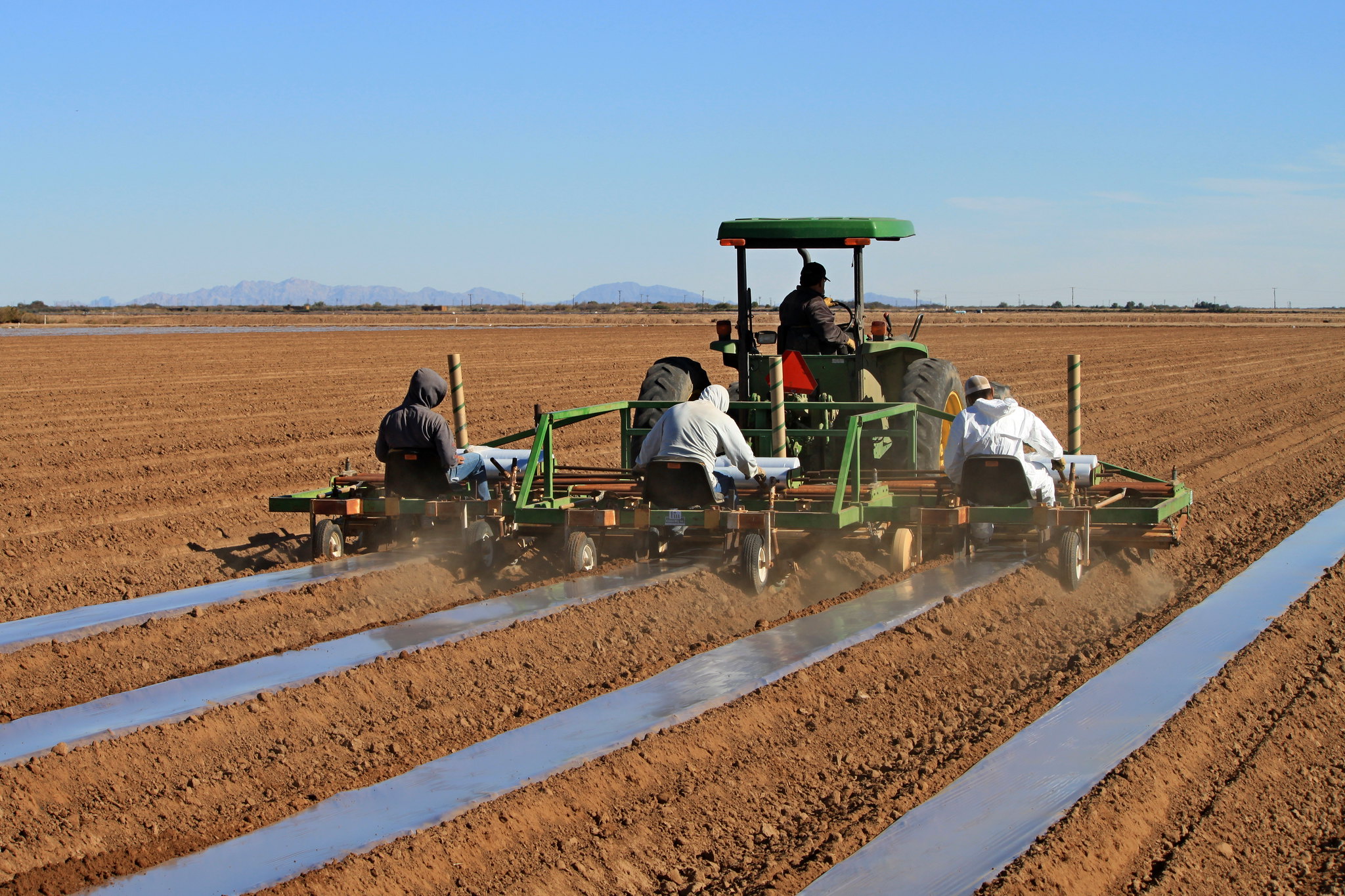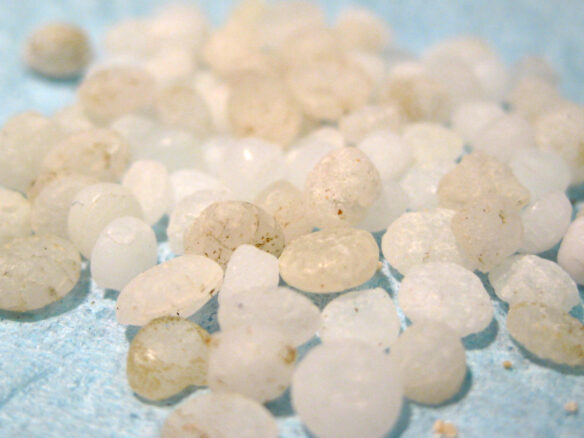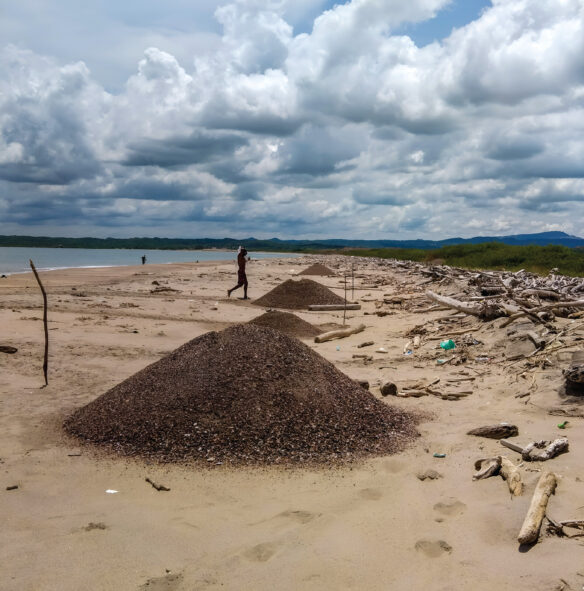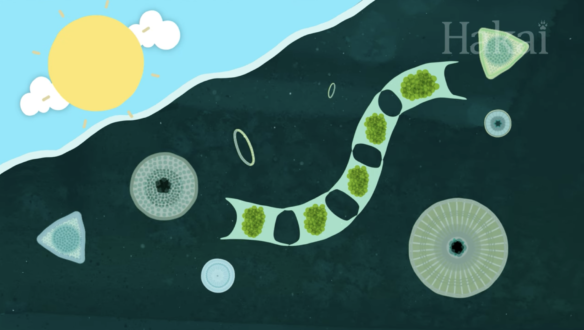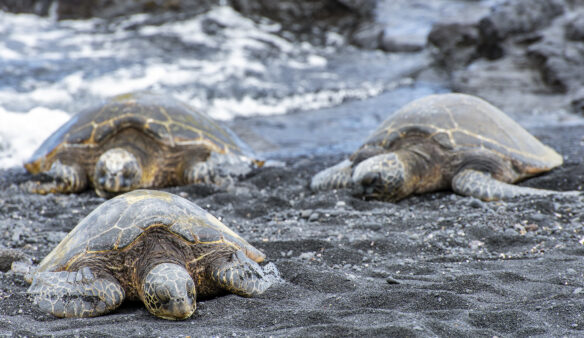Excerpt:
Plastic allows farmers to use less water and fertilizer. But at the end of each season, they’re left with a pile of waste.
Each year, on our fruit-and-vegetable farm in New England, my family covers about a quarter of our 50 acres with plastic mulch. Rolls of it, five feet wide and 4,000 feet long, sit on a machine that my father and I cordially call the plastic layer. From the back of a tractor, it feeds out the mulch over a perfectly raised bed, before turning soil onto the plastic’s edges to hold it tightly for the growing season. At the end of each row, the machine stops and raises up. I walk over, throw my leg across a three-foot-wide mound, and plunge my shovel through the thin layer of plastic until it’s free from the tractor. Over the next few months, tomatoes, squashes, and melons will grow in these beds much more efficiently because of the mulch. But at the end of the growing season, we will be left with a heap of used and useless plastic.
We will return to the fields and slice the rows down the center, gripping one flap at a time and wiggling, pulling, kicking the buried edge out from under the soil. By the end of a row, the plastic—already tattered by weeds, degraded by the sun’s ultraviolet rays, and caught by feet and tractor tires—has ripped countless times. I try to roll it up neatly, but thin plastic coated in dirt, plant remnants, rotten tomatoes, and a slime of biofilm is nothing neat. I drive to a corner of the farm and dump the plastic on the same pile that my grandfather started 40 years ago.
Growing on plastic mulches has been the industry standard for decades. It makes the most sense financially for farmers; in many ways, it makes the most sense environmentally, too. Using plastic mulch saves water; it reduces the use of chemical pesticides; it increases a farm’s yield. It also means that each year the United States must somehow dispose of more than 100 million pounds of plastic—at times, the annual total has been estimated to be upwards of 200 million pounds—easily enough plastic to cover most or all of Rhode Island.
Mulches and other agricultural plastics just scratch the surface of the world’s plastic problem. Packaging, textiles, cars, and every other sector that depends on plastic produces waste. But because plastic mulches are typically too thin and too dirty to easily recycle, it is frequently infeasible or too expensive to turn them into new plastic mulches. Most become garbage, a single-use plastic whose utility is tough to replicate but that creates intractable waste…

